Multinational Unilever is divesting itself of the ice cream business, spinning off several brands into their own companies. One of these is the “problem child” Ben and Jerry’s, which has caused the company no end of headaches because of its political controversy. Let’s see what this could mean for the ice cream maker.
Several Brands Will get Their Own Imprint
Unilever is a huge producer and distributor of ice cream products. Besides Ben and Jerry’s, it controls Breyers, Popsicle, Magnum, and Klondike.
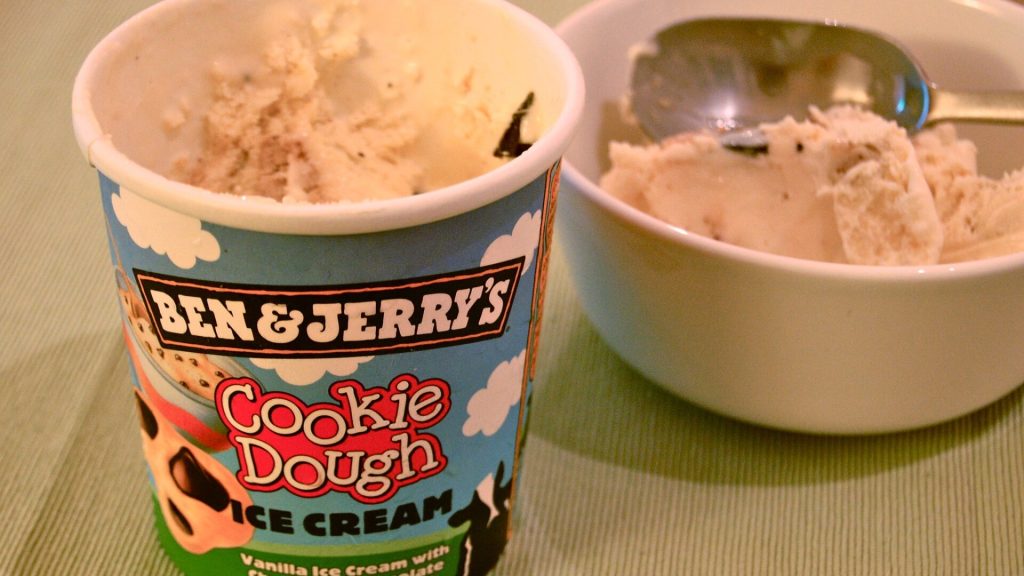
The company states that this should result in a leaner business and a more efficient marketing and distribution model. However, they will gain a significant benefit.
Ben and Jerry’s Has Been Causing Headaches for Years
Unilever acquired Ben and Jerry’s several years ago, but the purchase agreement allowed the company to have its own independent board of directors. This turned out to be unwise.

Before the purchase, the company was known for wading into political discussions and showing a broad activism streak. This continued after the acquisition and hurt Unilever’s business.
A Heavily Left-Leaning Board
Ben and Jerry’s board has made some controversial decisions in recent years. Their political statements have dragged Unilever, as its parent company, into places it doesn’t want to go.

Most recently, in 2021, the brand stated that it would not be selling its products in the West Bank to Israelis in a misguided attempt at activism. This led to a lawsuit for Unilever.
A Political Uproar
Ben and Jerry’s decision was firmly criticized on both sides of the political aisle, with accusations that the company was part of the boycott, divest, and sanctions (BDS) movement.
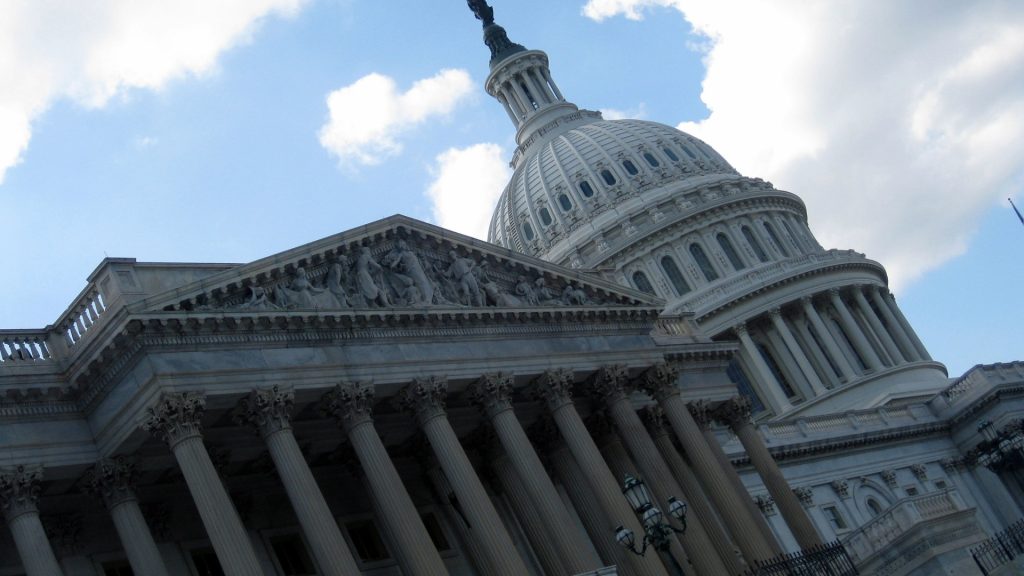
US Lawmakers called on the Security and Exchange Commission to investigate Unilever because Ben and Jerry’s meddled in international affairs.
Forced to Sell
In response to the political firestorm, Unilever distanced itself from Ben and Jerry’s statements and said that they were never part of the BDS movement.

The company also shut down and sold its Ben and Jerry’s locations in Israel to avoid being sued by the Israeli government. The Ben and Jerry’s board seemed to consider this a win.
Ben and Jerry’s Angers Americans Again
Another controversy saw several states boycotting the company’s products after it posted on Twitter/X that Americans should remember on July 4th that their country is built on indigenous land.
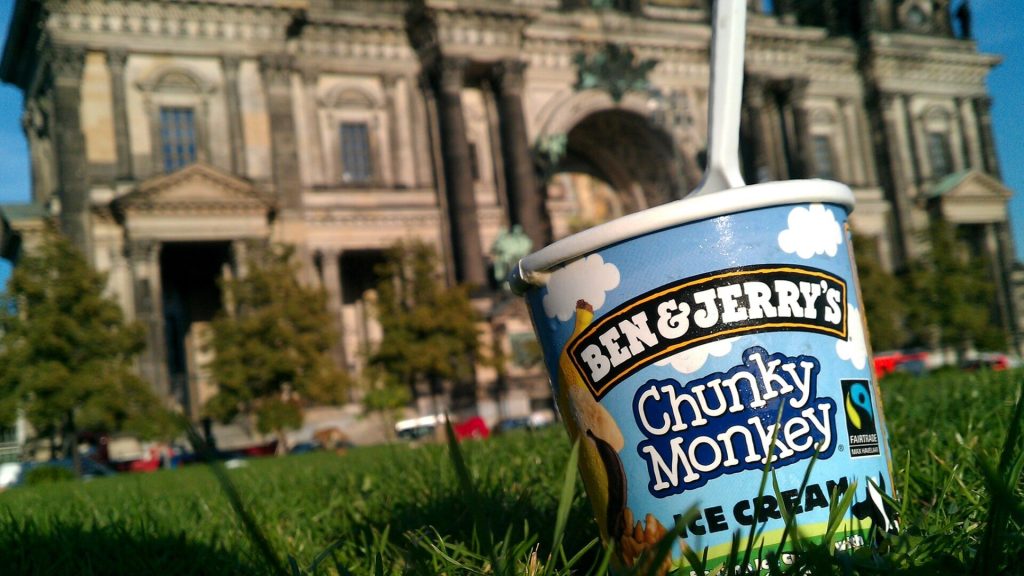
While the statements seem outrageous and are carefully constructed to strike at conservative sensibilities, the company never had to face any serious financial backlash because of Unilever.
Unilever Taking The Brunt Of It
Unfortunately, the same isn’t true of the parent company. Several states have divested their retirement funds of Unilever stock, causing the share price to plummet.
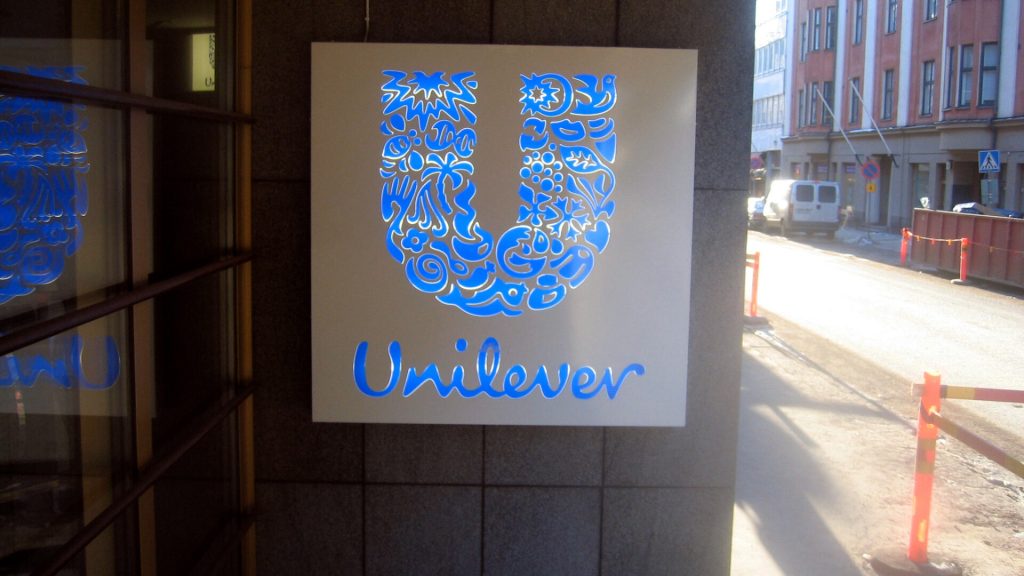
In hindsight, Unilever’s decision to let Ben and Jerry’s have its own board seems like a bad one. The company could have never expected this to blow up so badly in its face.
A History of Activism
Ben and Jerry’s was an activist brand even before Unilever acquired it. One of the earliest examples of business activism was the brand’s response to defense spending.
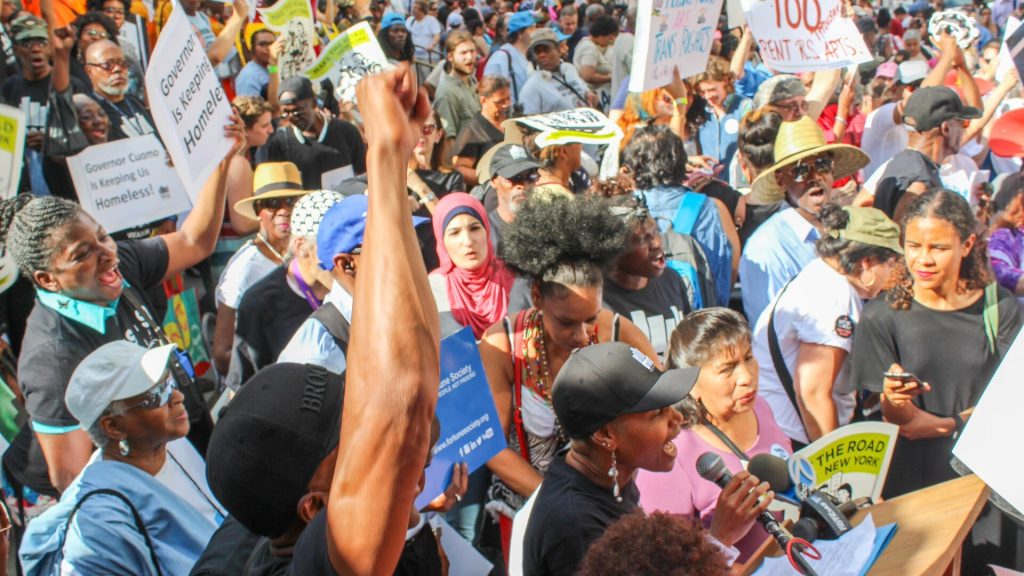
They set aside a non-profit organization with the intention of redirecting some of the government’s defense spending to peaceful projects. This was a revolution in business.
The Woke Train Hits the Station
In recent years, Ben and Jerry’s board has been leaning much further left in its political actions and statements. It has also been involved in some questionable behavior.

It came to a head when Ben and Jerry’s board filed a lawsuit against Unilever for selling the business in Israel. Unilever, the board was saying, had to put up with losses because of the board’s political decisions.
The Original Owners Were Jewish
The court filing that the board presented noted that the original owners of Ben and Jerry’s were Jewish, but that didn’t figure in the board’s decision to stop sales of ice cream in the West Bank.

The suit argued that Unilever violated the spirit of the companies’ initial merger agreement. Unilever eventually won the suit, much to the embarrassment of the Ben and Jerry’s board.
Not Intending to Be Held Hostage
Ben and Jerry’s board has become even more socially active lately, and they have been relying on Unilever to justify their actions. This is not a good look for the multinational, and finally, they realized it.

The spin-off of Unilever’s ice cream business includes other brands. Ice cream has several distinct characteristics compared to other aspects of Unilever’s business, a spokesperson said.
Unilever Looking at Consolidating Its Business
In addition to spinning off the ice cream companies, Unilever sent home some 7,500 employees as it seeks to streamline its operation and create more value for consumers.

The company has noted that a “demerger” between the companies might have been another route, but spinning off the company into its own brand was a safer bet. It also helped avoid a potentially costly legal battle or the stress of finding a buyer for the company.
Ben and Jerry’s Will Take Its Own Hits Now
Unilever’s actions mean that the ice cream brands will be responsible for their own marketing and distribution. Ben and Jerry’s will have to stand behind its own political statements.
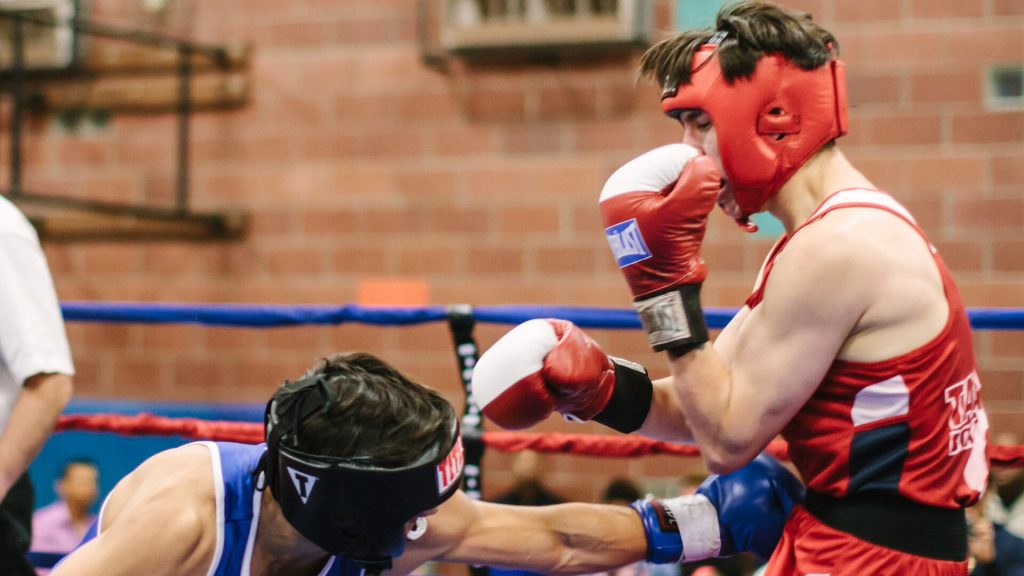
In financial terms, it means that Ben and Jerry’s will need to become profitable for their own sake. Picking controversial sides in political battles will unlikely help them achieve this goal.
The End of Ben and Jerry’s Political Activism?
Will we see the last of Ben and Jerry’s political activism? Chances are we won’t. The board of the ice cream manufacturer might attract some investors, especially those who feel in tune with their political message. Unfortunately, their previous protection under Unilever is likely to make them reckless.
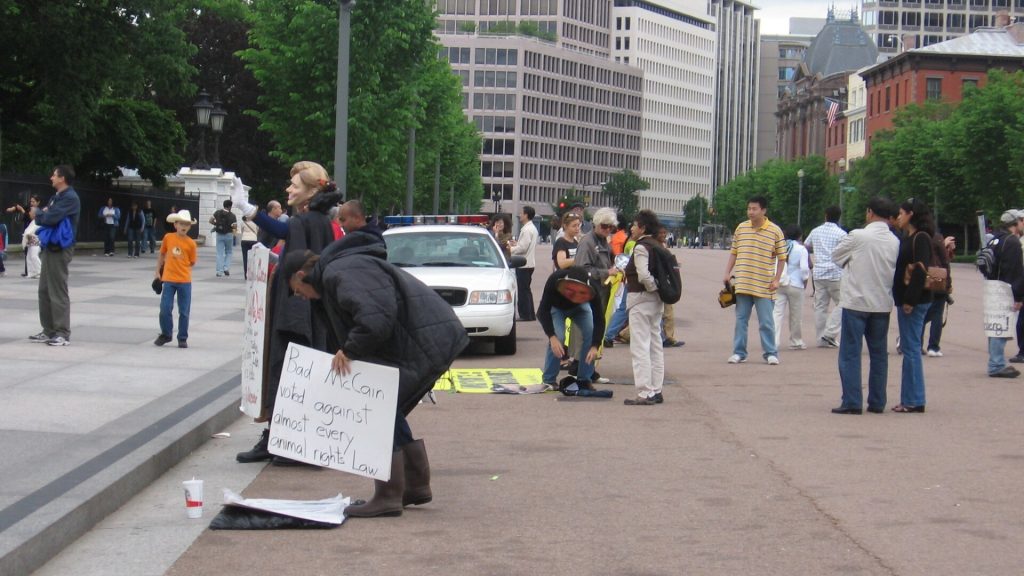
In this case, a boycott of their products will weaken the company. Refusing to sell to purchasing customers will ruin the company’s bottom line. There’s a prevailing wisdom with many consumers about brands that “go woke and go broke.” Ben and Jerry’s might become the next casualty unless they reconsider their course of action.






